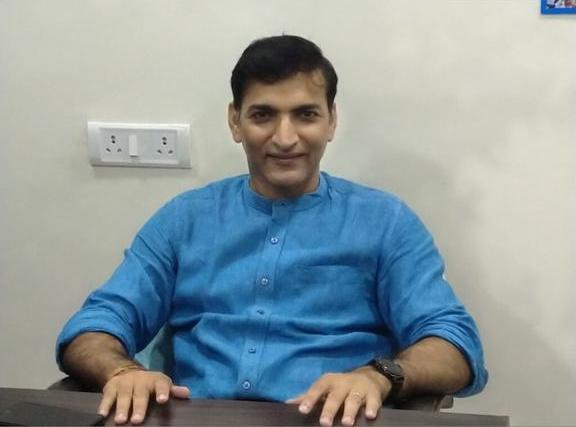Bhubaneswar: Acceptance and access to mental health care are the two things that the state’s LGBTQ community is grappling with.
Executive Director of The Lalit group and lesbian, gay, bisexual, transgender, queer (LGBTQ) rights activist Keshav Suri had earlier said that the mental health care for the LGBTQ community in India is non-existent.
Aishwarya Rituparna Pradhan, India’s first openly transgender civil servant from Kandhamal agrees with Suri. “It is very difficult to get psychological help or support when you belong to LGBT… even harder in rural areas. Also, mental health professionals or counselors are not properly sensitised about the third gender issues,” said Aishwarya.
Now working as a commercial tax officer in the Odisha Financial Services, Aishwarya admits not getting emotional support from her own father and brother. But she says she came out of it stronger due to her single minded focus on getting a good education which helped her carve out a decent life for herself. But that is not the case with everyone. She stresses that ‘acceptance’ plays a key role when it comes to ensuring the mental well being of the LGBTQ community.
“A sound mental health does ensure a sound life. But accessing mental health care is actually a very distant dream. Lack of acceptance is the first major hurdle. A lot of the members of the LGBTQ community get disowned by their own blood. Harassment is very common in transgenders’ families. I’ve been a witness to that. The demoralisation and discrimination from one’s own kith and kin often drives young trans people to run away from homes, get into prostitution or worse, commit suicide. The individual doesn’t even get to fully explore his/her potential. Few supportive friends turn out to be the only solace,” said Aishwarya.
Dr Jashobanta Mahapatra, a clinical psychologist at the sole mental health institution of the state, SCB Mental Health Institute, said very few LGBTQ members come to seek counselling. “Their identity becomes an additional issue when it comes to seeking help,” Mahapatra added. Stating that the government hasn’t done anything great in reaching out to the LGBTQ, Aishwarya said, “We have to start from somewhere so that it gets easier for the group to seek help.”
“The government can provide stipend to the parents of trans children, just like it does with other categories. This will motivate the parents to educate their children. The school curriculum can be more inclusive. We also need more LGBTQ friendly mental health professionals in the state. These steps will help increase family acceptance to LGBTQ which will certainly lead to societal acceptance,” said Aishwarya.
“The most challenging task is to deal with coming out to their family, society, stigma and depression. They end up going down the social and economic strata and in depression, despair while some might contemplate suicide,” said Dr Amrit Pattojoshi, a psychiatrist from the city who was also the former chairperson of the Indian Psychiatrists’ Society task force on LGBT.
Pattojoshi has been working with the LGBT community by conducting free camps for hormonal treatment as well as running subsidised clinics for them.

